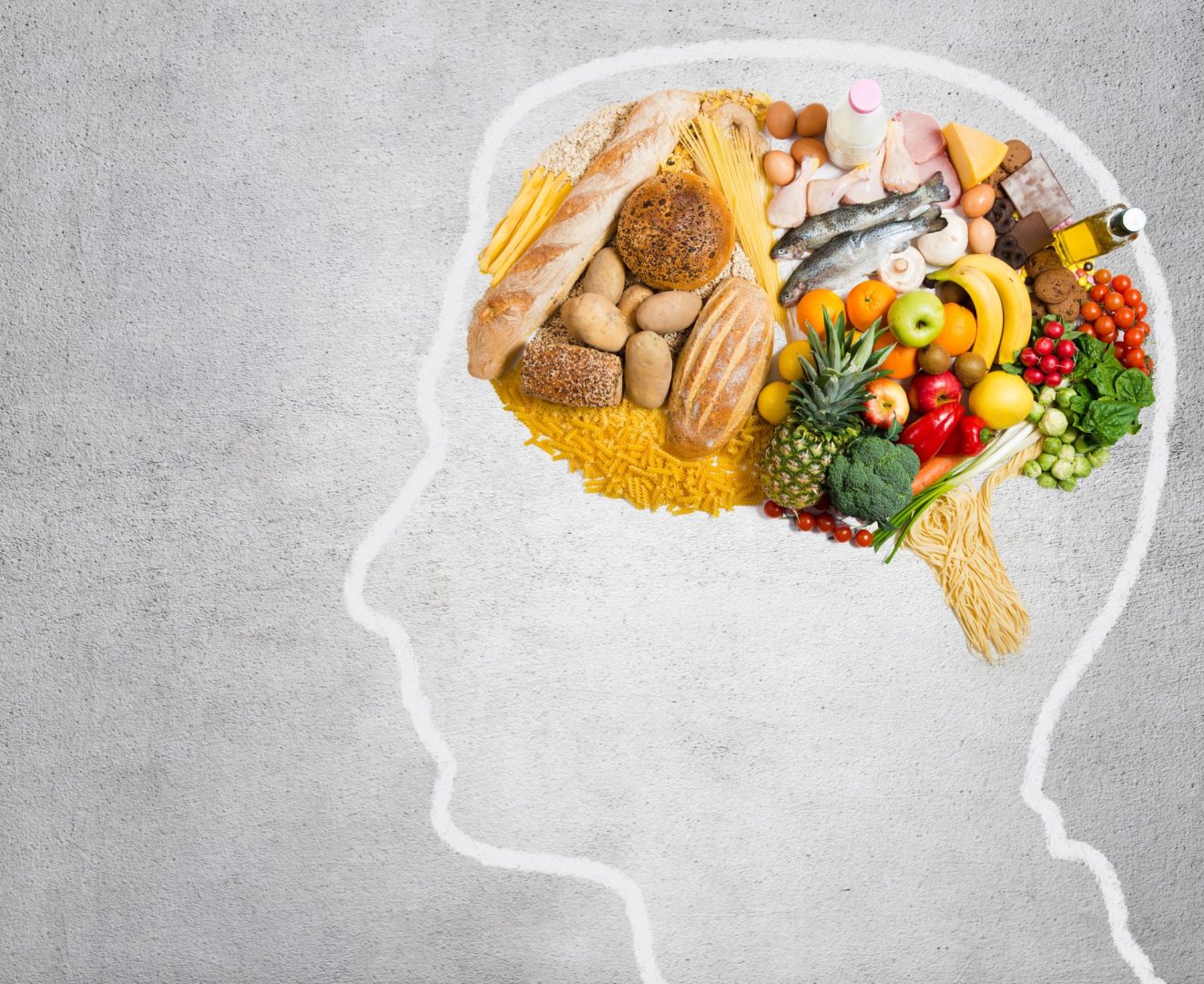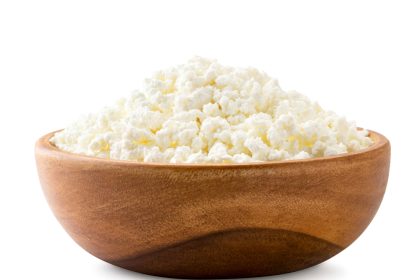Encouraging news has emerged for anyone concerned about brain health and dementia prevention. Following the MIND diet can reduce the risk of developing dementia by an impressive 25%, offering hope that simple dietary changes can make a meaningful difference in protecting cognitive function.
Recent findings show that people who improved their adherence to this brain-focused eating plan over a decade experienced the most dramatic protection against cognitive decline.
What makes this finding particularly exciting is that the benefits appeared even among people who started following the diet later in life, suggesting it’s never too late to begin protecting your brain through nutrition.
What exactly is the MIND diet
The MIND diet represents a carefully crafted combination of two well-established healthy eating patterns: the Mediterranean diet and the DASH diet. The name stands for Mediterranean-DASH Intervention for Neurodegenerative Delay, reflecting its specific focus on preventing brain-related diseases.
This hybrid approach emphasizes foods that research has linked to better brain health, including leafy green vegetables, berries, nuts, whole grains, and fatty fish rich in omega-3 fatty acids like salmon. The diet also encourages the use of olive oil while limiting red meat, butter, cheese, and fried foods.
The Mediterranean component brings in the traditional eating patterns of countries bordering the Mediterranean Sea, with their emphasis on plant-based foods, healthy fats, and minimal processed items. Meanwhile, the DASH element contributes strategies for reducing sodium and saturated fats that benefit cardiovascular health.
Findings reveal impressive protection rates
Analysis of people aged 45 to 75 over an extended period showed remarkable results. The group represented significant diversity, including African-American, Latino, White, Japanese-American, and Native Hawaiian participants.
After tracking participants for ten years, measurements showed how closely each person adhered to MIND diet principles. The results were striking: those who followed the diet most closely showed a 9% lower risk of developing Alzheimer’s disease compared to those with the poorest adherence.
Even more impressive were the results for people who improved their diet quality over time. Participants who increased their MIND diet scores during the decade-long period experienced a remarkable 25% reduction in overall dementia risk.
Starting later in life still provides benefits
One of the most encouraging aspects of this information is its demonstration that dietary improvements can be beneficial regardless of when they begin. Participants were already middle-aged or older when they started, yet those who embraced healthier eating patterns still saw significant protection against cognitive decline.
This finding challenges the notion that brain health interventions must begin early in life to be effective. Instead, it suggests that making positive dietary changes at any age can contribute to better cognitive outcomes in later years.
The evidence indicates that the brain retains remarkable plasticity and responsiveness to nutritional interventions throughout the aging process, offering hope for millions of adults who may have previously thought it was too late to make meaningful changes.
Brain-boosting foods take center stage
The MIND diet emphasizes specific categories of foods that have been linked to better brain function and protection against cognitive decline. Leafy green vegetables like spinach, kale, and collard greens top the list, recommended for consumption at least six times per week.
Berries, particularly blueberries and strawberries, feature prominently due to their high levels of flavonoids and antioxidants that may help protect brain cells from damage. The diet recommends at least two servings of berries each week.
Nuts provide healthy fats, protein, and vitamin E, all of which support brain health. The eating plan suggests consuming nuts at least five times per week as snacks or meal additions.
Fatty fish like salmon, mackerel, and sardines supply omega-3 fatty acids that are crucial for brain structure and function. The diet recommends fish consumption at least once per week, though more frequent consumption may provide additional benefits.
Whole grains replace refined carbohydrates, providing steady energy for the brain while avoiding the blood sugar spikes associated with processed grains. Olive oil serves as the primary cooking fat, contributing heart-healthy monounsaturated fats.
Demographic differences emerge in results
While the MIND diet showed benefits across most racial and ethnic groups, some interesting variations in outcomes emerged. Native Hawaiian participants did not experience the same level of protection as other groups, though the reasons for this difference remain unclear.
Some experts speculate that this variation might relate to overall lower rates of dementia observed in certain Asian American populations, which could make it more difficult to detect additional protective effects from dietary interventions.
These findings highlight the importance of understanding how different groups may respond to nutritional interventions. They also suggest that personalized approaches to brain health might be necessary to maximize benefits for all individuals.
Practical steps for adopting the MIND diet
Making the transition to MIND diet principles doesn’t require a complete dietary overhaul overnight. Nutrition experts recommend starting with simple swaps and gradually building healthier habits over time.
- Replace refined grains like white bread and pasta with whole grain alternatives such as brown rice, quinoa, and whole wheat products.
- Add dark leafy greens to meals several times each week by incorporating spinach into smoothies, adding kale to soups, or creating salads with mixed greens.
- Keep a variety of nuts on hand for easy snacking, choosing unsalted versions when possible to avoid excess sodium.
- Prepare berry smoothies using frozen fruit, which can be more budget-friendly than fresh berries while providing the same nutritional benefits.
- Plan fish meals at least once per week, experimenting with different preparation methods to find enjoyable options.
Budget-friendly approaches to brain-healthy eating
Cost concerns often prevent people from adopting healthier eating patterns, but the MIND diet can be followed on various budgets with some strategic planning. Frozen vegetables provide the same nutritional benefits as fresh produce while typically costing less and lasting longer.
Canned beans offer an affordable source of plant protein and fiber that can be added to soups, salads, and grain dishes. Canned salmon and tuna provide convenient, shelf-stable options for incorporating brain-healthy fish into meals without the higher cost of fresh seafood.
Buying nuts in bulk, choosing seasonal produce, and preparing meals at home rather than purchasing prepared foods can further reduce costs while supporting brain health goals.
Understanding the limitations
While these findings are encouraging, it’s important to understand their limitations. The information demonstrates correlation rather than causation, meaning it shows an association between MIND diet adherence and lower dementia risk without proving that the diet directly causes the protection.
Other lifestyle factors may contribute to the observed benefits, including physical activity levels, social engagement, sleep quality, and stress management. People who follow healthier diets often engage in other health-promoting behaviors that could also influence brain health outcomes.
Looking toward the future of brain health
This information adds to a growing body of evidence supporting the role of nutrition in maintaining cognitive function as we age. As understanding continues to develop around the connections between diet and brain health, the MIND diet emerges as a practical approach that individuals can implement today.
The focus on diverse populations strengthens its relevance for people from various backgrounds, while its demonstration of benefits even when started later in life provides hope for older adults concerned about cognitive decline.
As knowledge in this area continues to evolve, the MIND diet represents a sensible, science-based approach to supporting brain health through nutrition, offering a concrete way for people to take charge of their cognitive future.














